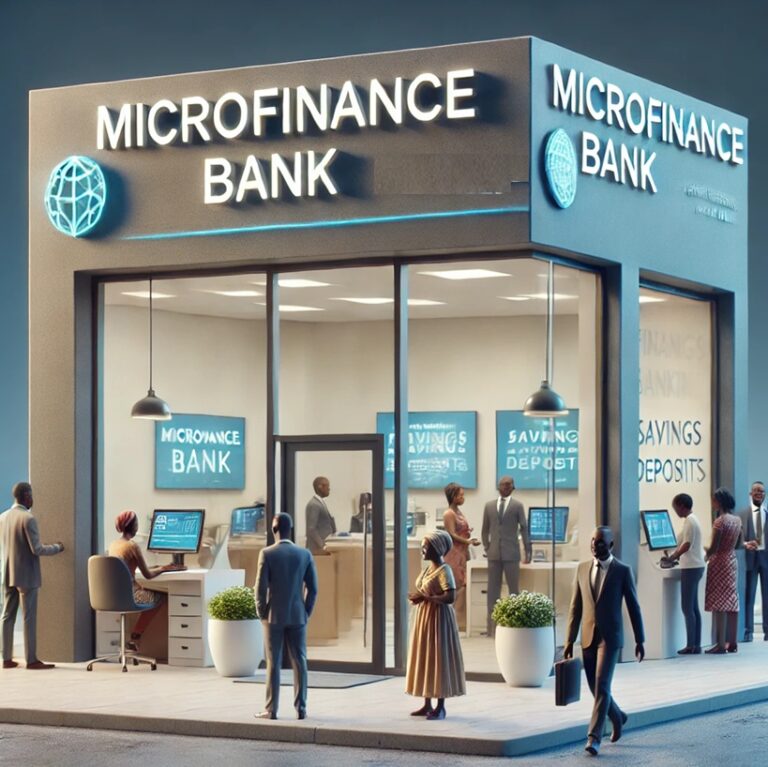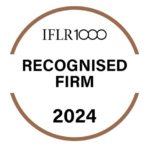Introduction
In a move to widen the regulatory net in regard to credit providers, the Business Laws (Amendment Act) 2024 (the Act) amended among others, the Central Bank of Kenya Act, Cap 491, Laws of Kenya (the CBK Act) and the Microfinance Act, Cap 493C, Laws of Kenya (the Microfinance Act) to extend the regulatory oversight of the Central Bank of Kenya (CBK) to credit providers that were previously not subject to CBK’s oversight.
The Act replaced the definition of digital credit providers under the CBK Act with non-deposit taking credit providers and as a result credit providers that were previously unregulated (by virtue of offering credit services through non-digital means) now fall under the regulatory oversight of the CBK regardless of the medium through which they offer their credit services.
Prior to the enactment of the Act, CBK’s regulatory oversight only extended to credit providers that offered their services through digital channels as defined under the CBK Act. By way of brief background, the introduction of digital credit providers as a regulated class of credit providers under the CBK Act was introduced by the Central Bank of Kenya (Amendment) Act, 2021 which introduced digital credit providers into the CBK Act and consequently led to the enactment of the Central Bank of Kenya (Digital Credit Providers) Regulations, 2022 (the DCP Regulations). The amendments to the CBK Act introduced in 2021 together with the DCP Regulations required all persons undertaking digital credit business to apply for a DCP license from CBK.
Prior to the enactment of the Business Laws (Amendment) Act, 2024, credit providers that did not offer their credit services through digital media often found their place under the Microfinance Act as non-deposit taking microfinance institutions seeing that the non-deposit taking microfinance institutions under the Microfinance Act were not subject to the regulatory oversight of CBK. In practice, such credit providers usually applied to CBK for a letter of no objection which allowed them to provide credit services provided they qualified as non-deposit taking microfinance institutions within the meaning of the Microfinance Act.
Transitional Provisions
It is worth noting that at the time of the amendment of the CBK Act to include digital credit providers and the subsequent publication of the DCP Regulations, a number of digital credit providers were already in existence and actively providing digital credit services. In that regard, the DCP Regulations contained transition provisions (Regulation 59) which required persons that were conducting digital credit business prior to the publication of the DCP Regulations to apply for licensing within six (6) months from the date of the publication of the DCP Regulations. According to Regulation 59(2) of the DCP Regulations, such persons were allowed to continue conducting digital credit business pending the determination of their application for a DCP license.
Cause for Concern
According to a press release by CBK dated 1st October 2024, CBK had received over 730 applications for DCP licenses since March 2022 and had successfully processed and licensed 85 DCPs.[1] Interestingly, this number consists of entities that were operating prior to the enactment of the DCP Regulations as well as entities that have made applications after the enactment of the DCP Regulations.
In a recent ruling, the Small Claims Court at Milimani, Nairobi dismissed debt recovery matters filed by entity providing digital credit services without the requisite DCP licenses. This is despite the assertion by the representatives of the entities that the application for a DCP license was still under consideration by CBK. The Small Claims Court in its ruling indicated that the entity was operating afoul the law seeing that the CBK Act prohibits persons from offering digital credit services without a DCP license.
Just like the DCP Regulations, the Act also contains transitional provisions with regards to non-deposit taking microfinance institutions. Section 19 of the Act amends the Microfinance Act to include Section 54 that provides that persons that were conducting non-deposit taking microfinance business before the commencement of the Act are required to apply for a license within six (6) months of commencement of the Act (28th December 2024). Similarly, according to the said Section 54(2), the persons undertaking the non-deposit taking microfinance institutions may continue to conduct their business pending the determination of their license application subject to the Act, the regulations made under the Act and any conditions issued by CBK.
Conclusion
Considering the recent ruling by the Small Claims Court which led to the dismissal of debt recovery measures by an ‘unlicensed DCP’, the question that begs is, what shall become of operations of non-deposit taking microfinance institutions that continue operating with pending license applications at the CBK? It is imperative that non-deposit taking microfinance institutions that are already in operation lodge their applications for licenses as required under the Act as promptly as possible to ensure that their license applications are processed as soon as possible and that their business operations continue seamlessly. Noting that the commencement date of the Act 2024 is 27th December 2027, the deadline for submission of license applications for non-deposit taking microfinance institutions that are already in operation is end of June 2025.
If you have any queries relating to the above, please do not hesitate to contact Bernard Musyoka or Steven Waweru. Please note that this publication is meant for general information only and should not be relied upon without seeking specific subject matter legal advice.
[1]https://www.centralbank.go.ke/uploads/press_releases/711656549_Press%20Release%20-%20Licensing%20of%2027%20Additional%20Digital%20Credit%20Providers.pdf







